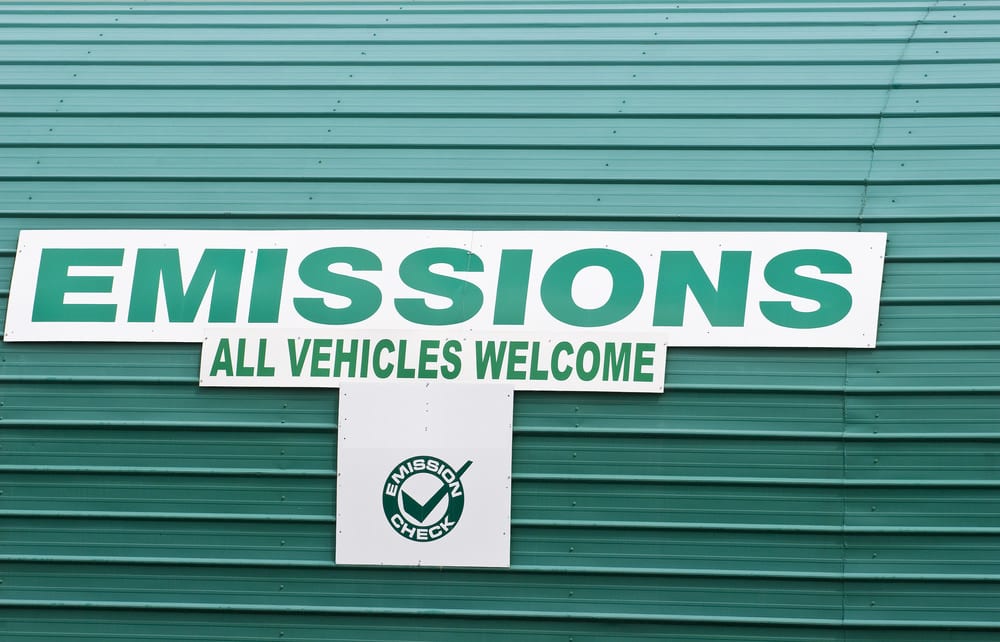

Emissions testing is done for one simple reason – to reduce the amount of pollution created by automobiles on the road today. Most states have at least some counties where testing is mandatory, but it’s more common in areas with higher populations and less common in rural areas. If your state has mandatory emissions testing, your car must pass – this isn’t optional.
Why is testing important?
Testing is important to ensure that your car is not producing excess pollution. This can happen for a number of reasons, including a deteriorating exhaust system, problems with engine components, and more. A tailpipe test is usually performed to determine the amount of specific gases vented in your car’s exhaust. An on-board diagnostics (OBD) test will be performed to determine the condition of emissions system components.
If your car fails either of these tests, you will be required to have the problems repaired and then have the car re-tested. Rules and regulations in this area vary greatly from one state to the other. Generally, you’re given a specific timeframe for repairs to be made and to retake the test at no charge (for instance, Connecticut gives you 60 days to complete the repairs and have the test retaken at the original testing facility).
If you’re not able to complete the repairs during that time, you can incur fees and other consequences, up to and including being unable to drive your car legally on the road. If you’re not able to afford the repairs, some states offer hardship waivers, but you’ll need to apply for that with your specific state government.



